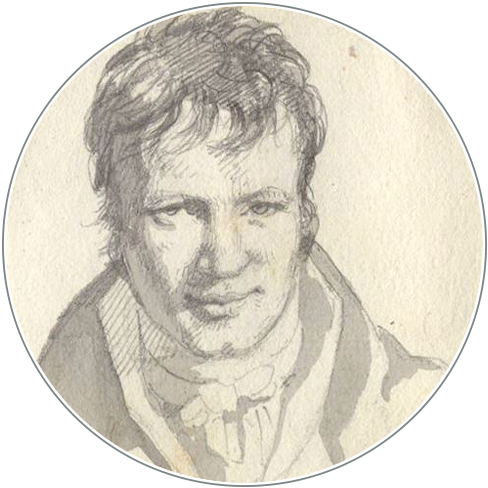Alexander von Humboldt und der Klimawandel: Mythen und Fakten
DOI:
https://doi.org/10.18443/273Ключевые слова:
Nachhaltigkeit, Klimawandel, Klimafaktoren, Waldrodung, Abholzung, Wasserhaushalt, Valencia-See, Klimastudien, Treibhauseffekt, Treibhausgase, CO2, Erderwärmung, Wiederaufforstung, Temperaturanstieg, Umweltschutz, NaturschutzАннотация
Zusammenfassung
Hat Alexander von Humboldt vor den dramatischen Folgen des vom Menschen verursachten Klimawandels gewarnt? Ausgehend von dieser Frage befasst sich der Beitrag mit seinen Klimastudien und zeigt dabei, welch enorme Wirkung diese für viele Länder der Welt hatten. Zahlreiche Aufforstungsmaßnahmen wurden im 19. Jahrhundert durch Humboldts Studien angeregt. Humboldt hat zudem – wohl als erster – die klimaverändernde Wirkung von „großen Dampf- und Gasmassen an den Mittelpunkten der Industrie“ erkannt und außerdem im 3. Band des Kosmos auch den Treibhauseffekt beschrieben. Die Bedrohungen des stetig zunehmenden anthropogenen Klimawandels jedoch konnte er nicht ahnen. Seine und auch die Erkenntnisse der anderen Klimaforscher des 19. Jhds. gerieten Anfang des 20. Jhds. in Vergessenheit. Der gerissene Rezeptionsfaden wurde erst mit der Umweltbewegung in den 1970er Jahren wieder aufgenommen und Alexander von Humboldt als Klimaforscher und „erster Ökologe“ neu bewertet.
Resumen
¿Advirtió Alexander von Humboldt sobre las dramáticas consecuencias del cambio climático provocado por el hombre? Con base en esta pregunta, el artículo trata sobre sus estudios climáticos y muestra el enorme impacto que esto tuvo en muchos países del mundo. Numerosas medidas de forestación se iniciaron en el siglo XIX gracias a los estudios de Humboldt. Además, Humboldt fue el primero en reconocer el efecto de cambio climático de las „grandes masas de vapor y gas en los centros de la industria“, y también describió el efecto invernadero en el Volumen 3 de su obra Cosmos. Sin embargo, él no podía prever las amenazas de un cambio climático antropogénico. Sus hallazgos y los de otros investigadores sobre el clima en el siglo XIX cayeron en el olvido a principios del siglo XX. El hilo roto de la recepción se reanudó con el movimiento ecologista en la década de 1970 y Alexander von Humboldt fue reevaluado como investigador del clima y „primer ecólogo“.
Abstract
Did Alexander von Humboldt warn about the dramatic consequences of man-made climate change? Based on this question, the article deals with his climate studies and shows the enormous impact this had for many countries in the world. Numerous afforestation attempts were initiated in the 19th century by Humboldt's studies. In addition, Humboldt was the first to recognize the climate-changing effect of "large vapor and gas masses at the centers of industry", and also described the greenhouse effect in Volume 3 of the Cosmos. However, he could not foresee the threats of increasing anthropogenic climate change. His and also the findings of the other climate researchers of the 19th century fell into oblivion at the beginning of the 20th century. The ripped reception thread was then resumed with the environmental movement in the 1970s and Alexander von Humboldt was reassessed as climate researcher and "first ecologist".
Загрузки
Опубликован
Как цитировать
Выпуск
Раздел
Лицензия
Copyright (c) 2018 Frank Holl

Это произведение доступно по лицензии Creative Commons «Attribution-NonCommercial» («Атрибуция — Некоммерческое использование») 4.0 Всемирная.
Die Rechte der eingesandten Artikel bleiben bei den Autoren und werden unter einer Creative Commons-Lizenz (CC BY-NC 4.0) veröffentlicht. Alle bei HiN publizierenden Autorinnen und Autoren akzeptieren dieses Lizenzmodell.
Die Autorinnen und Autoren tragen die Verantwortung für das Einwerben der Bildrechte.
Die Rechte am Layout und Design der Zeitschrift sind nicht übertragbar und können nicht ohne vorherige Zustimmung von HiN in anderen Publikationen weiterverwendet werden.









